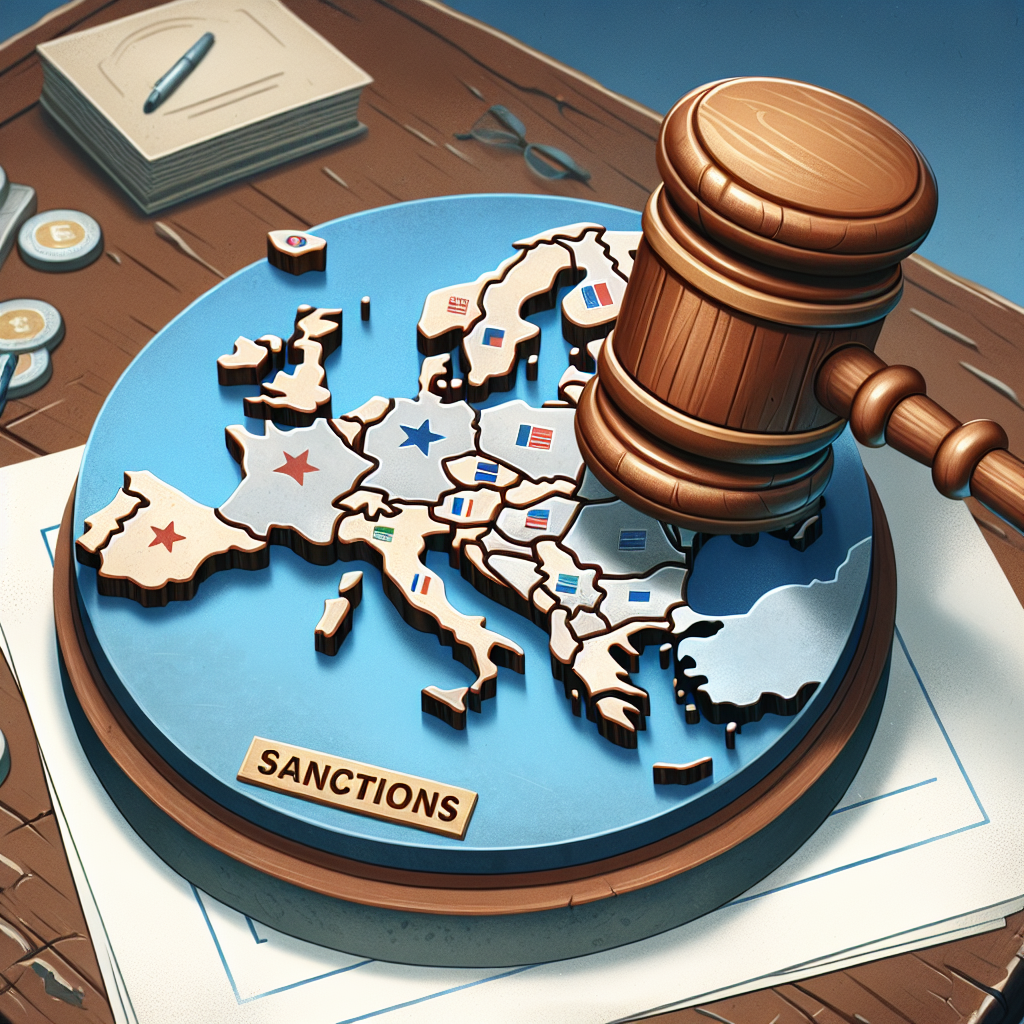New Sanctions Could Reshape Russia's Economic Ties with Europe and China
New U.S. sanctions may block European payments for Russian gas, exacerbate volatility in Russia's FX market, and strengthen Moscow's ties with China. The sanctions particularly target Gazprombank, impacting Russian trade and financial systems, while EU nations like Hungary and Slovakia assess their energy contracts with Russia.

In a significant geopolitical move, the United States has expanded sanctions on Moscow, effectively closing the primary channel for European customers to pay for Russian gas. Russian economists suggest this could heighten market volatility and potentially push Russia closer to economic alliances with China.
On Thursday, Washington imposed sanctions on Gazprombank, a key player in Russia's energy sector, along with additional measures targeting 50 Russian banks. These restrictions prevent the state-controlled lender from conducting new energy-related transactions touching the U.S. financial system, a move that could complicate existing energy agreements for European countries like Hungary and Slovakia.
While the Kremlin views these sanctions as an overt effort to disrupt Russian gas exports, they believe a solution will be found. Experts indicate the ongoing sanctions could drive a shift in Russia's economic relations, increasing China's role in Russian foreign trade as Western markets remain restricted.
(With inputs from agencies.)
- READ MORE ON:
- sanctions
- Russia
- Gas
- Europe
- Gazprombank
- China
- energy
- financial system
- trade
- geopolitical
ALSO READ
UPDATE 1-Trump invites China's Xi Jinping to attend inauguration, CBS News reports
China's Strategic Yuan Move Ahead of Potential Trump Tariffs
China's Currency Tactics: Preparing for a Second Trump Era
CORRECTED-QUOTES-China is considering softer currency
Taiwan's Diplomatic Dance: Navigating Ties with Trump's Team Amid China Tensions










